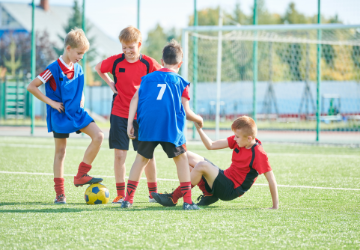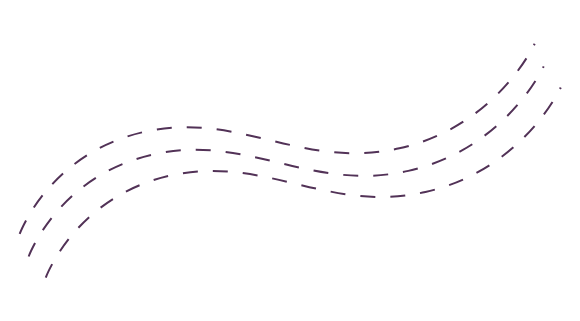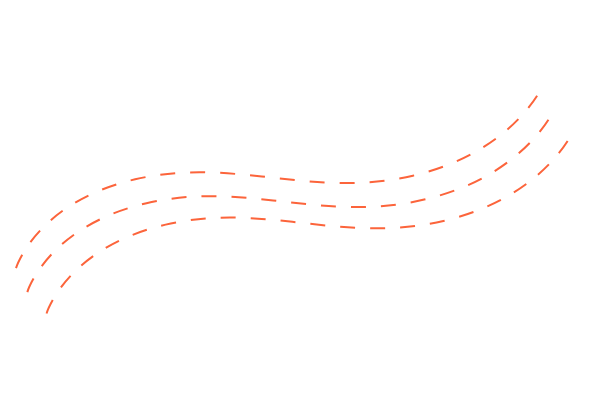Our Program


Programs we offer
Lorem mollis aliquam ut porttitor. Pellentesque pulvinar pellentesque habitant morbi. Iaculis at erat.

Full Day Program
Time
9.00 AM - 12.30 PM

Morning Program
The Morning Program Starts at 9:00 a.m. following the same Time Table as the Full Day Program till 12:30 p.m.
Time
9.00 AM - 12.30 PM

Afternoon Program
The afternoon Program starts at 1:00 p.m. following the same Time Table as the Full Day Program till 3:30 p.m.
Time
1.00 PM - 3.30 PM
Ready to Enroll Your Child?
Activities we do
Arrival
Choosing time
Circle Time / Social Story
Academic work (Open Basic Education : Pre NIOS Coaching)
Snack time
Sensory play / Art Club / Sports Club Activities
Sensory play : Sensory play is planned to activate and stimulate child’s senses – touch, sight, olfactory, smell, auditory, vestibular and proprioceptive. Providing opportunities for children to actively use their senses as they explore their world through ‘sensory play’ is crucial to brain development – it helps to build nerve connections in the brain’s pathways. This leads to a child’s ability to complete more complex learning tasks and supports cognitive growth, language development, gross motor skills, social interaction and problem solving skills’ .
Art Club : We follow specially designed art curriculum by Fine arts teacher who is a visiting faculty. Through art, Neurodiverse children can express their inner thoughts and find emotional outlet. Activities related to art can create enthusiasm and cheer up the children. Doing some fun art activity can also help with sensory issues and even reduce self-stimulating behaviors or stimming.
Sports Club : We have Sports and Fitness coach who will be offering group and individual coaching for the children according to their abilities. Children with autism take a bit longer than other kids to learn and adapt social skills. Sports and recreational activities play an important role in the development of the autistic child. These activities help in building physical and mental strength, determination and endurance among children.
Reading Club / Hand Writing Club
Reading Club : Children will be offered Individual Reading Program according to their level. We start right from basics of letter recognition, visual discrimination and Phonological awareness etc. which are the Prerequisites Skills needed for Reading Instruction.
Hand Writing Club: We offer individualised Hand writing program for each child right from pre writing activities. We will be able to identify any underlying motor, perceptual, postural or sensory-integrative deficits that could lead to or be responsible for under developed writing skills. We will analyse child’s handwriting readiness skills as well as any cognitive, environmental, sensory-motor or psychosocial factors that could interfere with his or her legible handwriting development.
Communication and Language / Visual perception & Cognitive Development activities.
Visual perception & Cognitive Development: Visual perception refers to our ability to make meaning from what we see. It is important for several everyday skills including reading, writing, drawing, dressing and finding items you may have lost. Activities and worksheets will be done during this session focusing on the development of Visual perception & Cognitive skills.
Life Skills / Vocational Activity
Life Skills: Life skills are referred to as independent living skills or daily living skills. Basic life skills include self-care activities, cooking, money management, shopping, room organization and transportation. It is also important to include executive function skills or thinking skills such as organising, planning, prioritising and decision making related to each life skill being taught. Each child will be assessed and individual life skills goals will be planned according to the child’s age, abilities and challenges.
Vocational Skills: Vocational training is training that focuses on the PRACTICAL application of skills learned
Here, job specific training is taught to the child with a view that they may gain employment at some point in the future. Vocational training is the the link that bridges the gap between the autistic community and the working world.


